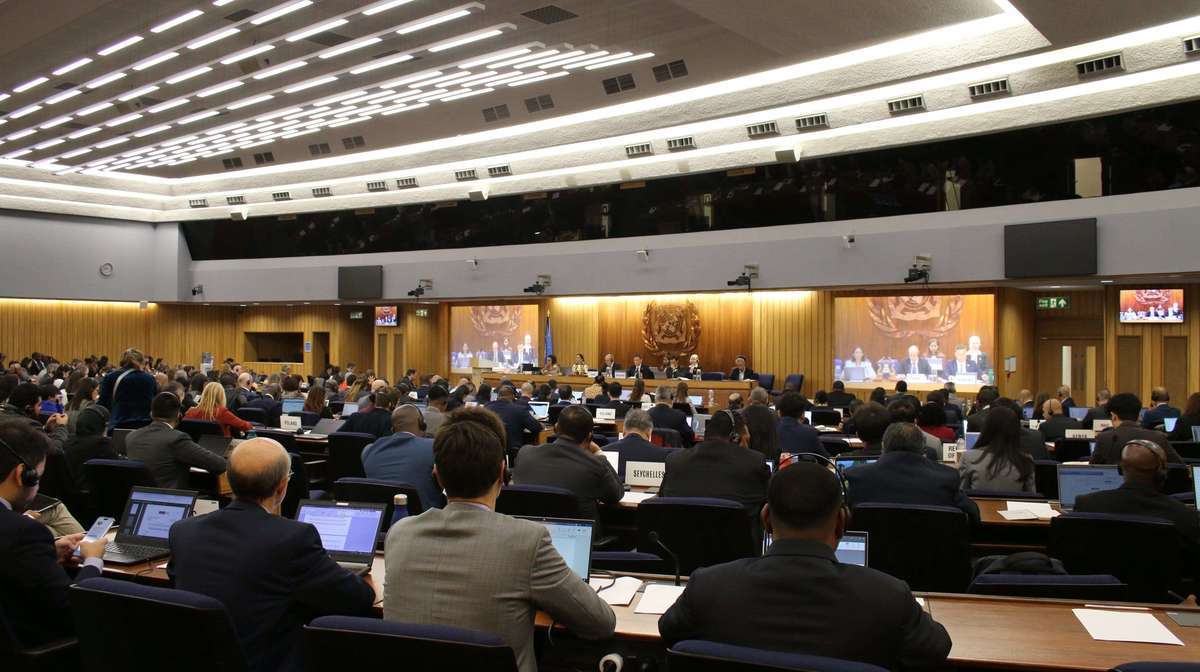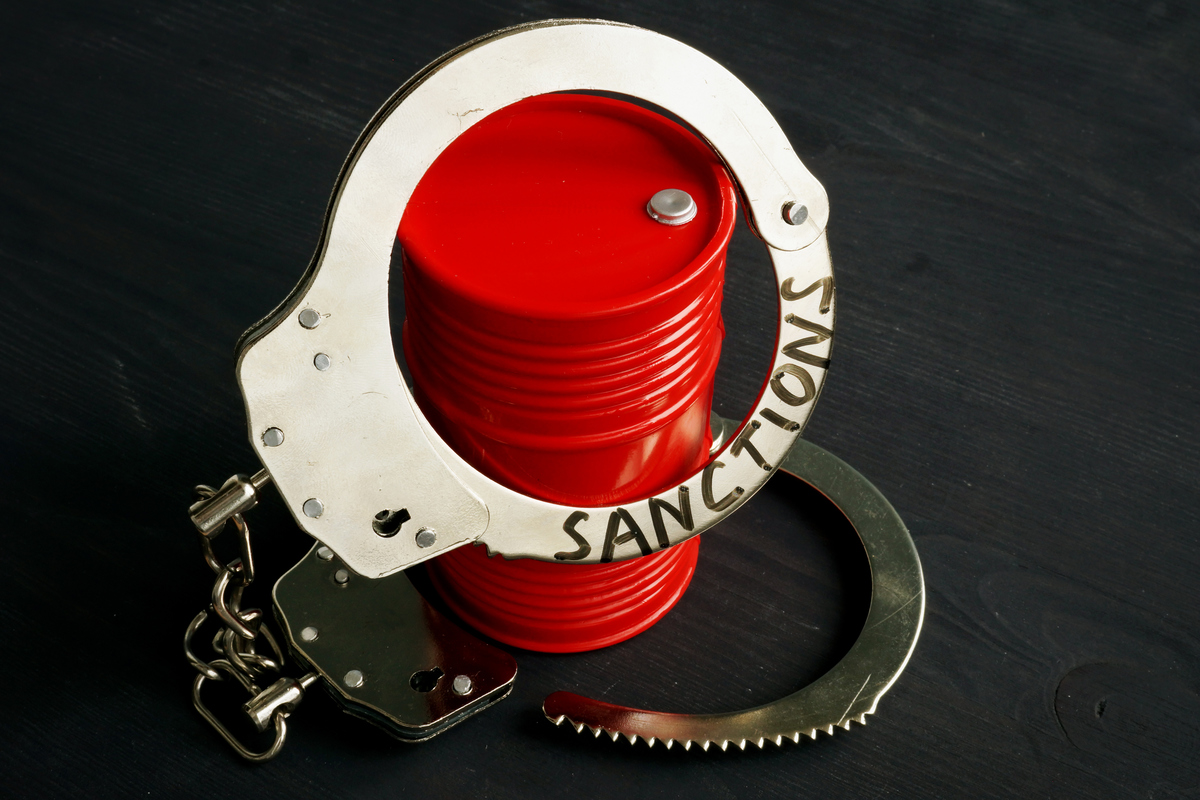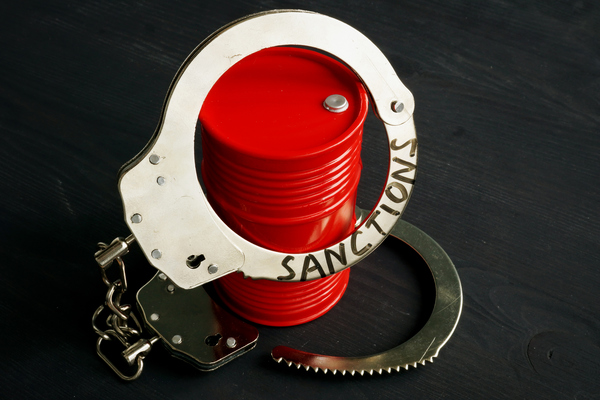Momentum builds for October adoption of IMO’s net-zero framework
Support across the shipping industry for adoption of the IMO’s net-zero framework (NZF) has grown ahead of a crucial vote next week.
 IMAGE: Representatives from member states at the IMO’s Intersessional Working Group on the Reduction of GHG Emissions from Ships meeting in London. X of @IMOHQ
IMAGE: Representatives from member states at the IMO’s Intersessional Working Group on the Reduction of GHG Emissions from Ships meeting in London. X of @IMOHQ
Individual shipowners, including A.P. Moller–Maersk, Odfjell, and Hapag-Lloyd, have argued that a clear global regulation is critical to long-term planning, suggesting that a global consistency will give them confidence to commit to lower-emission ships and long-term fuel contracts.
Odfjell has also added that a global framework can help de-risk investment decisions and prevent regional policies from fragmenting compliance obligations.
Several industry associations have echoed the same logic, but on a broader scale.
A joint statement from shipowner groups in Japan, Belgium, the Netherlands, Singapore, the UK, Norway and Denmark, has warned that the alternative to IMO’s NZF is “a complicated and inefficient patchwork of national and regional regulatory frameworks.”
“Not only is this an entirely wrong solution for a global industry such as ours, such a scenario will also derail ongoing efforts towards the energy transition and jeopardise world trade through distorted market conditions and unfair competition,” the letter noted.
The signatories have also urged EU regulators to align with the NZF once it is adopted to avoid double penalties for emissions and reduce the overall regulatory burden on shipowners.
The International Chamber of Shipping has highlighted potential strain on smaller operators. It urged governments to balance penalties with clear incentives, arguing that accessible financing and fuel standards are needed to avoid disadvantaging companies with less capital.
Fuel-specific associations have underlined the NZF as their missing market signal.
The framework’s consistent global rules could make bio- and e-methanol “investable and commercially viable” for bunkering, the Methanol Institute (MI) said.
More than 250 methanol projects have been under development worldwide, with major volumes expected by 2027–2028, MI noted. While existing supply can meet current demand, it has warned that allocating larger volumes towards shipping will require a uniform global regulation to avoid costly regional fragmentation.
The Ammonia Energy Association (AEA) has called for October adoption and finalisation of implementation guidelines at MEPC 84 in April 2026. Industry can figure out the uncertainties and “solve the technical, safety, operational, and strategic challenges once regulations establish the business case,” it added.
"From a policy standpoint, industry backing has strengthened the case for adoption", Emma Fenton, senior director of climate diplomacy at Opportunity Green told ENGINE.
“Whilst companies across the shipping value chain do not get a vote in negotiations, their support does help to make the case for the adoption of the Framework by removing arguments for opposition by countries who would rather maintain the status quo,” they said.
Regional measures like FuelEU Maritime and the EU ETS can support private investment, but “these measures currently do not support a globally just and equitable transition for the international shipping sector and key elements – such as consideration for the equitable distribution of revenue – are lacking to make these globally-effective and equitable measures,” they argued.
Fenton also urged "unilateral or regional action" among like-minded nations to uphold the IMO's net-zero ambition if adoption stalls in October.
A joint statement by industry-focussed groups has also reiterated support to the NZF and called for “necessary incentives” to help mitigate investments in low- and zero-emission potential fuels. The statement is signed by International Bunker Industry Association, International Association of Ports and Harbors, International Chamber of Shipping, World Shipping Council, European Community Shipowners' Association among others.
By Konica Bhatt
Please get in touch with comments or additional info to news@engine.online






